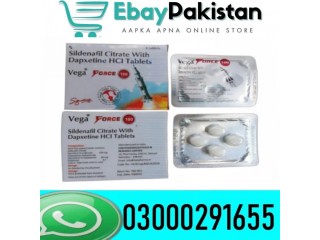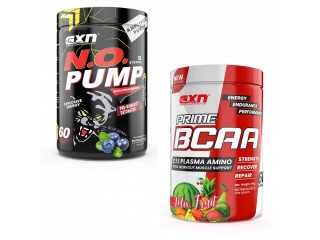Why stainless steel corrodes Private
3 years ago - Fashion, Home & Garden - Baranagar - 155 viewsStainless steel has unique properties which can be taken advantage of in a wide variety of applications in the construction industry. This paper reviews how research activities over the last 20 years have impacted the use of stainless steel in construction. Significant technological advances in materials processing have led to the development of duplex stainless steel tubing with excellent mechanical properties; important progress has also been made in the improvement of surface finishes for architectural applications Structural research programmes across the world have laid the ground for the development of national and international specifications, codes and standards spanning both the design, fabrication and erection processes. Recommendations are made on research activities aimed at overcoming obstacles to the wider use of stainless steel in construction. New opportunities for stainless steel arising from the shift towards sustainable development are reviewed, including its use in nuclear containment structures, thin-walled cladding and composite floor systems.
In summary, stainless steel does not rust because it is sufficiently reactive to protect itself from further attack by forming a passive corrosion product layer. (Other important metals such as titanium and aluminum also rely on passive film formation for their corrosion resistance.) Because of its durability and aesthetic appeal, 304 stainless steel 3 inch pipe is used in a wide variety of products, ranging from eating utensils to bank vaults to kitchen sinks.
Completely and infinitely recyclable, stainless steel is the “green material” par excellence. In fact, within the construction sector, its actual recovery rate is close to 100%. Stainless steel is also environmentally neutral and inert, and its longevity ensures it meets the needs of sustainable construction. Furthermore, it does not leach compounds that could modify its composition when in contact with elements like water.
In addition to these environmental benefits, 304 stainless steel round tube is also aesthetically appealing, extremely hygienic, easy to maintain, highly durable and offers a wide variety of aspects. As a result, stainless steel can be found in many everyday objects. It also plays a prominent role in an array of industries, including energy, transportation, building, research, medicine, food and logistics. Austenitic Stainless Steels: These are the largest group of stainless steels which comprise around two-thirds of all 304l stainless steel tube production. Their austenitic microstructure allows them to be tough and ductile, even at cryogenic temperatures. Moreover, they do not lose their strength when subjected to high temperatures. These attributes result in excellent formability and weldability. Since the austenitic structure is maintained at all temperatures, they do not respond to heat treatment. Their hardness and high tensile strength are acquired through cold working. Austenitic stainless steels are further divided according to the austenite forming elements.Martensitic Unit Cell: These stainless steels have higher amounts of carbon that promotes a martensitic microstructure. Martensitic stainless steels are hardenable by heat treatment. When heated above its curie temperature, they have an austenitic microstructure. From an austenitic state, cooling rapidly results in martensite while cooling slowly promotes the formation of ferrites and cementite. Varying the carbon content results in a wide range of mechanical properties which makes them suitable for engineering steels and tool steels. Increasing the carbon content makes the stainless steel harder and stronger while decreasing it makes the alloy more ductile and formable. However, adding more carbon results in lower chromium to maintain a martensitic microstructure. Thus, higher strength is attained at the expense of corrosion resistance. They generally have lower corrosion resistance than ferritic and austenitic 316 stainless pipe.










